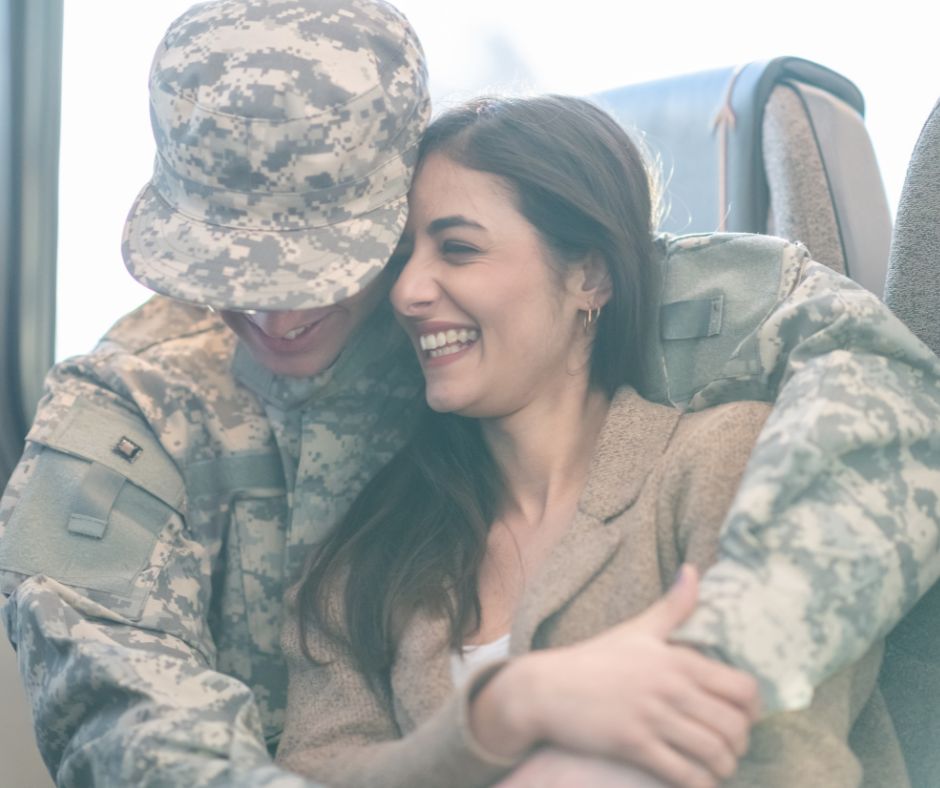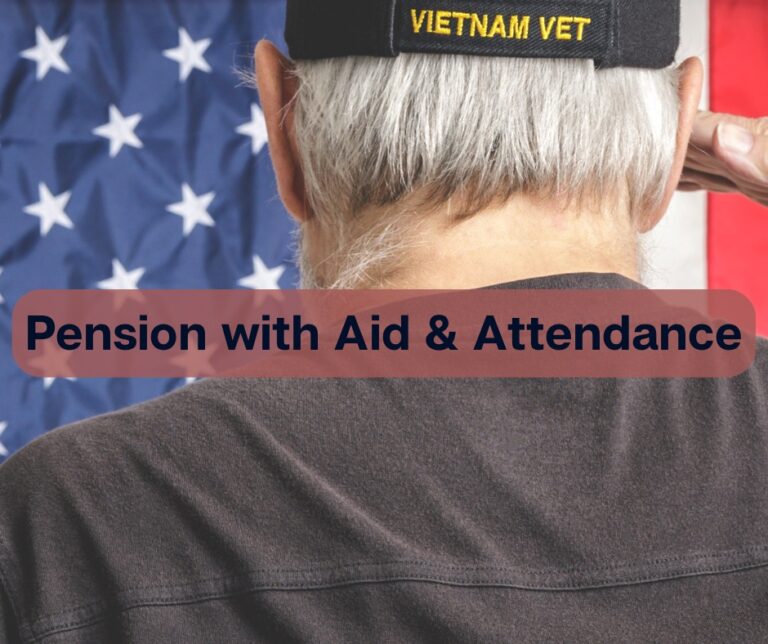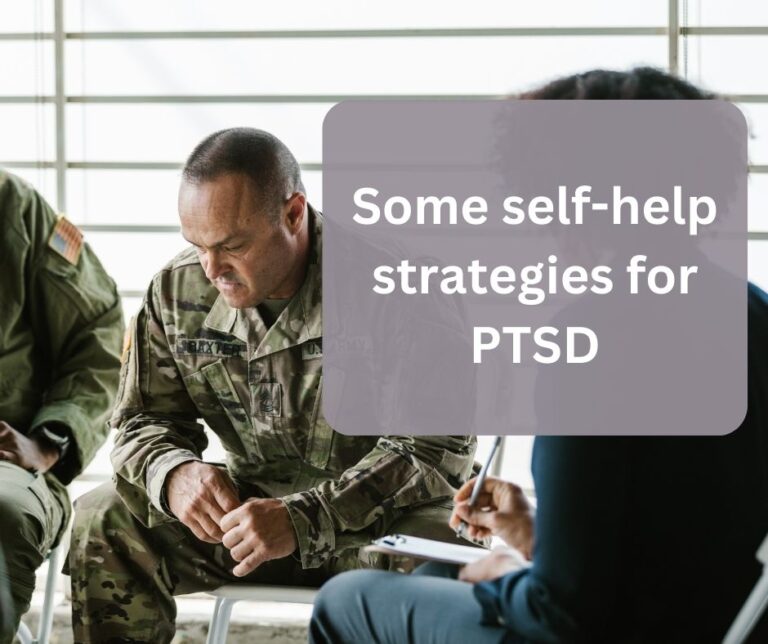Healing the Hidden Wounds: 4 Stress Coping Mechanisms
Transitioning from military life to civilian life can be a challenging and stressful process for veterans. The unique experiences and demands faced during service can leave lasting emotional and psychological impacts. Coping with stress becomes crucial to maintaining overall well-being. In this blog post, we will explore various strategies and techniques to help veterans effectively deal with stress and promote resilience in their post-service lives.
Understanding the Impact of Stress
Before diving into coping mechanisms, it’s important to understand the impact of stress on veterans. The military environment, with its high-stakes situations and constant vigilance, can lead to chronic stress. Common stressors include combat experiences, separation from loved ones, physical injuries, and adjusting to civilian life. These factors contribute to a range of mental health conditions like post-traumatic stress disorder (PTSD), anxiety, and depression.
Seek Support and Connection
One of the most important steps in dealing with stress as a veteran is to seek support. It’s essential to connect with fellow veterans, friends, and family members who can empathize with your experiences. Support groups, both online and in-person, provide a safe space to share your thoughts and feelings. Additionally, consider reaching out to mental health professionals who specialize in working with veterans. They can provide guidance and therapeutic interventions tailored to your specific needs.

Practice Self-Care
Engaging in self-care activities is vital for managing stress. These practices can help restore balance, promote relaxation, and improve overall well-being. Prioritize activities that promote physical health, such as regular exercise, proper nutrition, and sufficient sleep. Mindfulness and meditation techniques can also be incredibly beneficial, helping to calm the mind, reduce anxiety, and increase self-awareness. Journaling, creative outlets, and hobbies can serve as healthy distractions and provide an emotional outlet.
Establish Routine and Set Goals
Transitioning from a structured military life to civilian life can be disorienting and increase stress levels. Establishing a daily routine can bring stability and a sense of control. Structure your days by setting specific goals, creating to-do lists, and allocating time for activities that bring you joy and fulfillment. This can help you stay focused, motivated, and organized.
Utilize Veteran-Specific Resources
There are numerous resources available specifically for veterans dealing with stress and related mental health challenges. The Department of Veterans Affairs (VA) offers a range of programs and services, including counseling, therapy, and support groups. The Veterans Crisis Line provides immediate assistance to veterans in crisis, ensuring that help is available 24/7. Nonprofit organizations like Wounded Warrior Project, Team Rubicon, and Give an Hour also provide valuable resources and support tailored to veterans’ needs.
Conclusion
Dealing with stress as a veteran is no walk in the park. It takes a combination of different things to tackle it head-on. That means reaching out for professional help when you need it, taking care of yourself in little ways that make a big difference, and making use of all the resources out there that are specifically designed to support veterans like you. Remember, everyone’s journey is unique, so find the strategies that work best for you. Don’t be afraid to lean on your support network and explore the resources available to you. Together, we can make sure that veterans get the care and support they deserve to thrive in their civilian lives.







